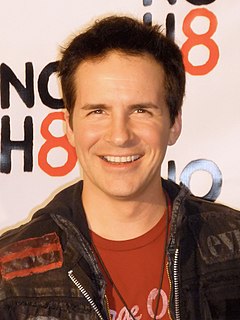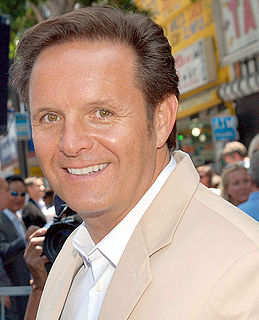A Quote by Lisa Randall
If you are a responsible scientist, you are going to present your new results in a paper, and maybe if, over time, things are established, and it's prime time for the public to hear about it, then you include it in a book.
Related Quotes
Journalism today is obviously in a major transition. Going to journalism school, learning how to write, working your way up in a little paper in Decatur, Georgia and then moving to Atlanta and then maybe to New York: it's just over. You have to have a whole other set of skills now. You have to be a videographer, you have to do social media. You can't do a long, thoughtful, insightful piece if you don't have the time to do reporting, particularly reporting around somebody who doesn't want to be known or an issue that doesn't want to reveal itself.
A travel book is a book that puts you in the shoes of the traveler, and it's usually a book about having a very bad time, having a miserable time, even better. You don't want to read a book about someone having a great time in the South of France, eating and drinking and falling in love. What you want to read is a book about a guy going through the jungle, going through the arctic snow, having a terrible time trying to cross the Sahara, and solving problems as they go.
You get a chance like that maybe once in your lifetime, and you are lucky to sustain it over that period of time. It doesn't mean to say that whatever I do in the future has no substance to it - I may present some new material I've got, and there are definitely new angles of doing it - but I'm not looking to recreate another Led Zeppelin.
So this is supposed to be about the how, and when, and why, and what of reading -- about the way that, when reading is going well, one book leads to another and to another, a paper trail of theme and meaning; and how, when it's going badly, when books don't stick or take, when your mood and the mood of the book are fighting like cats, you'd rather do anything but attempt the next paragraph, or reread the last one for the tenth time.
When you have success on the field, you're more popular and you have that fame that comes with it. You realize you're in the public eye more and you've got to be a little bit more careful about some of the things you're doing out in public and make sure you're smart about the things you say. You're still going to make mistakes from time to time, but you represent an even greater population and people are that much more looking for you to be in the wrong place at the wrong time or fall down or say something really stupid that's going to get you in trouble.
My dad one time told me, he was like, 'The only time you should lie is when someone's holding a gun to your head and says 'Okay, lie or I'm going to shoot you.' And that really stuck with me. I think about that a lot. I used to not be really honest with girls and then I dropped a song called "Starry Room" and then I started turning over a new leaf. Now, I'm completely honest with girls all the time and they just get mad at me.





































